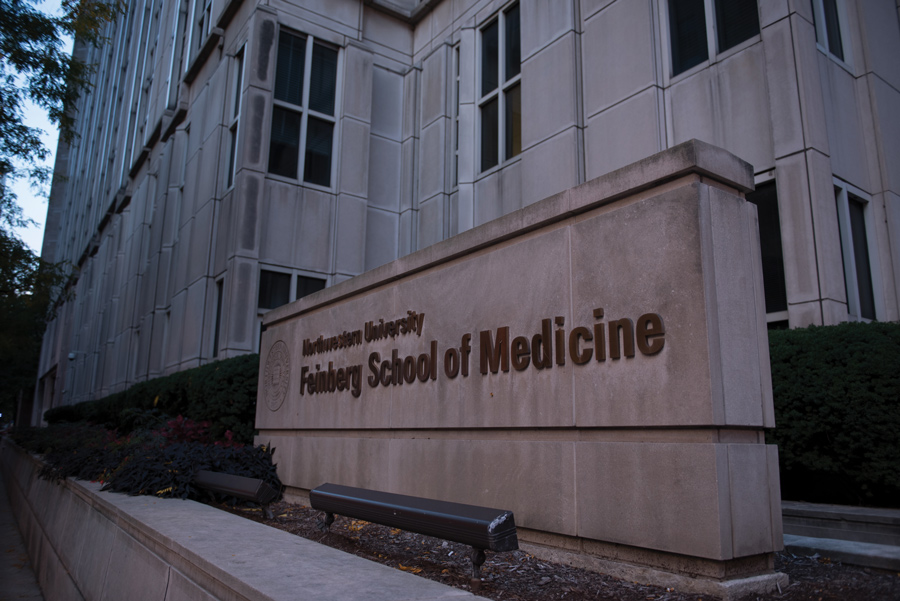Medicaid prescription study finds prevalent antibiotic misprescription in United States
Daily file photo by Katie Pach
Study co-authored by Northwestern research finds that 45 percent of antibiotic prescriptions have ‘no clear rationale’ behind them.
March 4, 2020
A study co-authored by Northwestern’s Chief of General Internal Medicine and Geriatrics Dr. Jeffrey A. Linder (Weinberg ‘92, Feinberg ‘97) found that 45 percent of outpatient Medicaid antibiotic prescriptions had no clear rationale behind them.
The study concludes that the current antibiotic stewardship, the effort to improve how antibiotics are prescribed and used in the United States, is ineffective at combating the overprescription of antibiotics, which is prevalent nationally.
“The study we co-authored was an effort to get our hands around all outpatient antibiotic prescribing in the United States to Medicaid patients,” Linder said.
The researchers came to this conclusion by analyzing Medicaid data from 2003 through 2014 on antibiotic prescriptions to determine how many were appropriate. From this data, the researchers only included filled prescriptions in the study.
Analyzing data from Medicaid, which is a federal health insurance program for people with lower incomes, is significant because Medicaid is the largest single source of long-term health care in the United States.
The study found that 28 percent of antibiotic prescriptions were prescribed without an office visit to a physician. Additionally, 17 percent of outpatient antibiotic prescriptions were prescribed without a diagnosis of a bacterial infection.
Dr. Michael Fischer, an associate physician at Brigham and Women’s Hospital and the lead author of the study, said the overprescription of antibiotics can be partially attributed to physician’s fear of not being thorough enough with treating illnesses.
“There’s a fear by patients and by clinicians that if you don’t use an antibiotic, something bad could happen to the patients,” Fischer said.
Fischer added that due to this fear, many antibiotics are prescribed unnecessarily, when they should just be reserved for patients who are very sick.
Another reason for antibiotic abuse in the U.S is the time pressure physicians feel, Fischer said.
“It gets harder and harder to say ‘I’ll have a lengthy conversation with someone about why I’m not going to do this,’” Fischer said, “And the person may not be very happy with me, versus just giving an antibiotic.”
Dr. John Spehlmann (Feinberg ‘86, ‘88), who is affiliated with Northwestern Memorial Hospital, said patients often expect a prescription for antibiotics as a part of good health care, citing bronchitis as something people tend to misdiagnose themselves with.
Spehlmann also said many doctors prescribe antibiotics because they assume that’s why patients are coming to them.
“And the expectation when they come up with that, is that if you’re a compassionate, caring person, as a physician, that they’re going to try to give you something to make them feel better,” he said.
To combat antibiotic abuse and potentially being inappropriately prescribed antibiotics, Linder recommends telling your doctor that you only want to be prescribed an antibiotic if you really need it.
“If you say right at the outset that you’re not (just going for antibiotics),” Linder said, “That actually makes the visit probably go much better and you’ll probably get better medical care.”
Email: [email protected]


